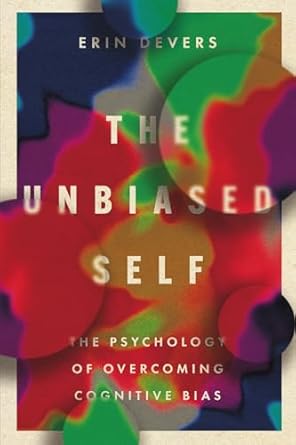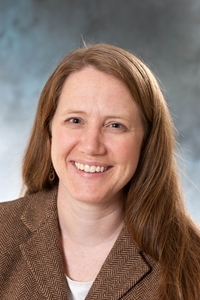When I taught Social Psychology in the spring, I began the semester with a story about a football game between Dartmouth and Princeton in 1951. The game was rough, with many penalties and injuries, including a broken nose (Princeton) and a broken leg (Dartmouth). My students and I talked football not because I’m obsessed with sports, I’m not, but because the game and its aftermath caught the attention of two research psychologists, one from Dartmouth and one from Princeton. After noting the press coverage differed depending on the source, the researchers asked Princeton and Dartmouth students about their impression of the game. Dartmouth students blamed Princeton for the brutality of the game. Princeton students blamed Dartmouth. The researchers wrote about their findings in a classic study in within social psychology titled “They Saw a Game: A Case Study” (Hastorf & Cantril, 1954). Spectators all saw a game, presumably they all saw the same game, but what they saw was different.
The point the researchers and I were trying to make in discussing football was that our view of events is shaped by our particular place within the world. We engage in systematic and predictable errors in thinking, biases. In her book The Unbiased Self: The Psychology of Overcoming Cognitive Bias, author and professor Erin Devers makes this same argument. She points to two primary motives that bias our view of the world, we want to be right and we want to feel good about ourselves. Our responses to events can almost always be explained by those two motives.
Devers begins her book by explaining these biases with descriptions of research in the field of social psychology, illustrated with personal anecdotes and news stories. As a Christian presumably writing for Christian readers, Devers points out that our identity and view of the world should be further shaped by our identity in Christ, as children of God and as sinners saved by grace. This identity can change how we experience the two basic motives of feeling good and being right. Because of an identity in Christ, we do not need to worry about our value, our self-esteem; it is secure in Christ. She argues that Christians can and should strive for greater accuracy in how we approach others and how we interact consciously and unconsciously with the world.
Throughout the book Devers bases her points on research from social psychology and often explains how those studies were done and the conclusions we can make based on the findings. As a fellow social psychologist, I appreciated the explanation of the science behind the conclusions, though some explanations may be less appreciated by those who have not joyfully read a method section of a psychology research paper. Her personal anecdotes help the reader see how some of these biases may be lived out. She includes news stories as well, helping the reader understand national events through the lens of these biases.
Social psychology is a field whose findings apply to everyday life. A strength of this book is the applicability. Devers explains the concepts and ideas clearly throughout the chapter and ends each chapter with specific applications. Whether we are watching a football game, trying to understand national events, or seeking to be a better friend, Devers strives to help us be less biased and more clearly see ourselves and those around us, knowing we are secure in our identity as children of God.
Hastorf, A. H., & Cantril, H. (1954). They saw a game: A case study. Journal of Abnormal and Social Psychology, 49(1), 129-134. https://doi.org/10.1037/h0057880



2 Responses
Thanks, Jennifer, for a very helpful article. I started writing an article a while back on how each side in the human sexuality conflict in the CRC has its own narrative, has framed things from their perspective, their own cognitive bias. I suggest in that article that divorce is a helpful metaphor for what’s happened because what often makes divorce seem inevitable is not just that each party frames reality into their own larger, self-justifying narrative, but that these narratives get exaggerated and they harden. They become capital T truth, beyond debate. When I realized that the narratives about what happened in the past 10 years in the CRC have totally hardened (including my own, of course), I decided writing such an article was futile, at least this close in time to these events. Understanding the main point of your essay is so important for biblical hermeneutics too. None of us read Scripture from some unbiased perch. How do we account for the biases, the experiences each of us brings to the interpretive task? Thank you Esau McCauley for helping us with this. I’m rambling. Thanks again, Jennifer.
One key tool in overcoming my bias has been a simple question: “what if I’m wrong?” It helps me recognize that my beliefs are greatly impacted by the place, time, education, family and support group I had growing up If I had grown up in the Mid-East would I be studying the Koran today and firmly defending my faith as right? Asking if I might be wrong opens my eyes to the views, and the world, of others.